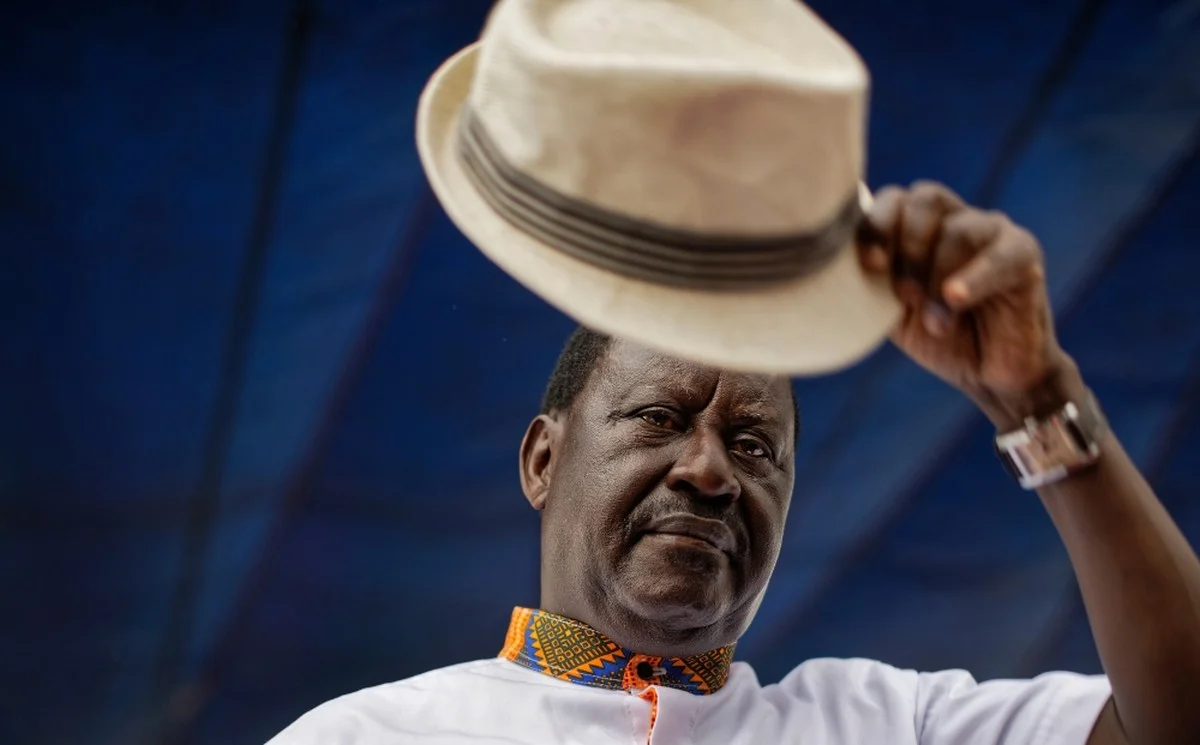15/10/2025
15/10/2025

NAIROBI, Kenya, Oct 15, (AP): Raila Odinga, a former prime minister of Kenya and perennial presidential candidate whose populist campaigns rattled authorities and gave him an outsized influence on political life in his East African country, died Wednesday of a heart attack while traveling in India. He was 80. His death was confirmed by the Devamatha Hospital in India's Kerala State, where he was taken after he collapsed during a morning walk.
A statement from the hospital said Odinga suffered a cardiac arrest and didn’t respond to resuscitation efforts. Odinga had recently signed a political pact with Kenyan President William Ruto that saw his opposition party involved in critical government policymaking and its members appointed to the cabinet. But his ambition was to become Kenya’s president, and he ran five times over three decades - and sometimes with enough support that many believed he might win.
The closest he came to taking the presidency was in 2007, when he narrowly lost to incumbent Mwai Kibaki in a disputed election marred by ethnic violence. Kenyan politics has always had a tribal edge, and Odinga, a member of the Luo ethnic group in Kenya’s western Nyanza province, spent his political life trying to navigate the landscape in a way that might lead him to the State House, the Kenyan presidency's official residence in Nairobi, the capital.
Although he never succeeded, for many he was a revered figure and statesman whose activism helped steer Kenya away from single-party rule and into vibrant multiparty democracy. Odinga reached the peak of his powers as a politician in the 2007 presidential race, winning the support of kingpin leaders from other tribes who merged around him.
He drew such massive crowds during campaign events across Kenya that many observers believed his time had come. Although Kibaki, a member of the Kikuyu ethnic group, had posted good economic figures in his first term, his government had been weakened by corruption scandals and he looked hopeless against Odinga’s team of rivals.


